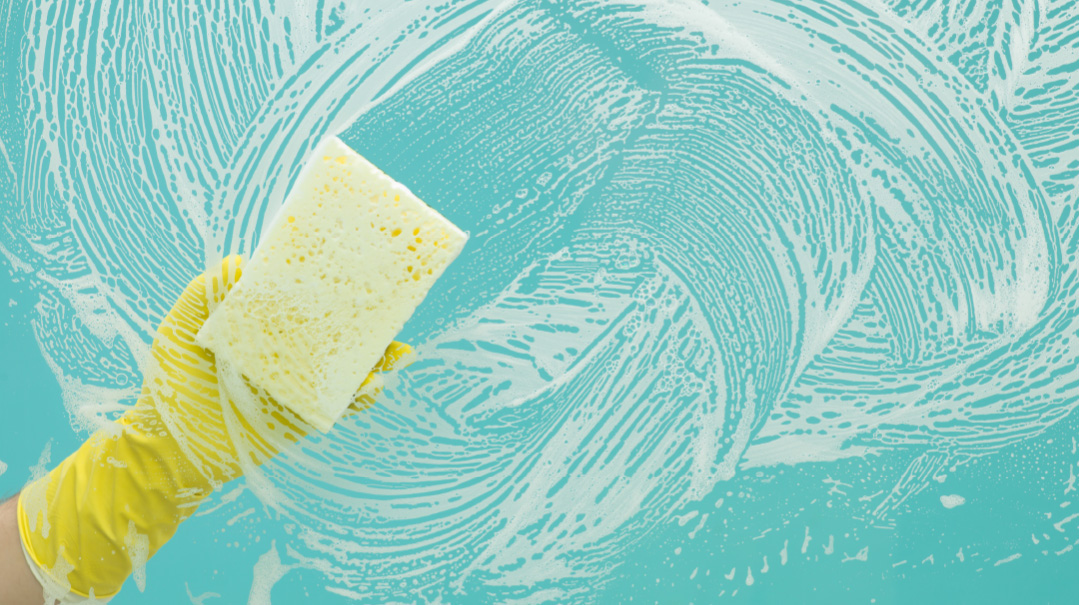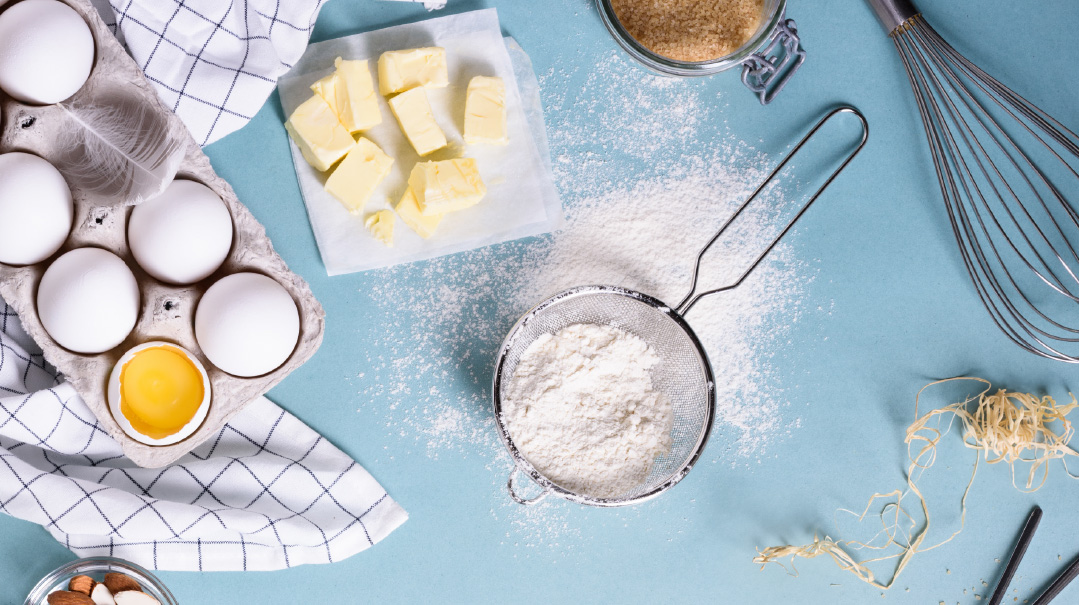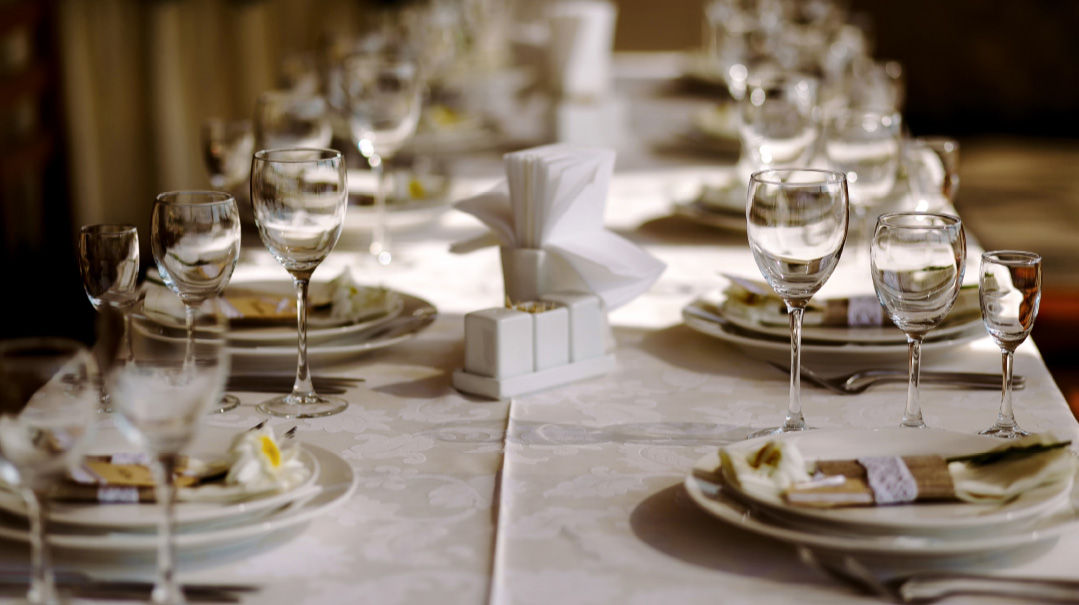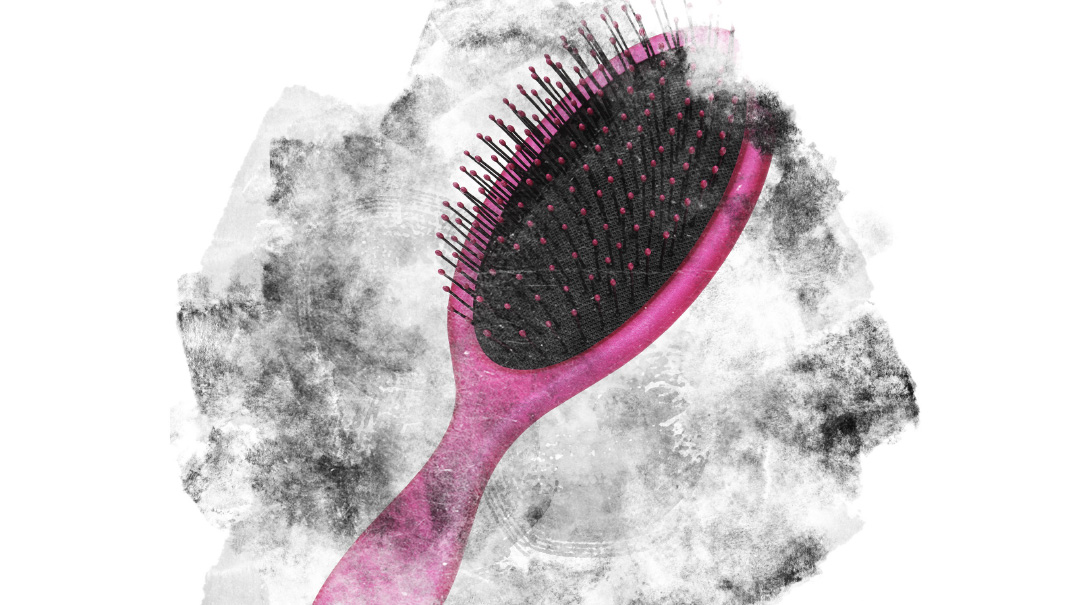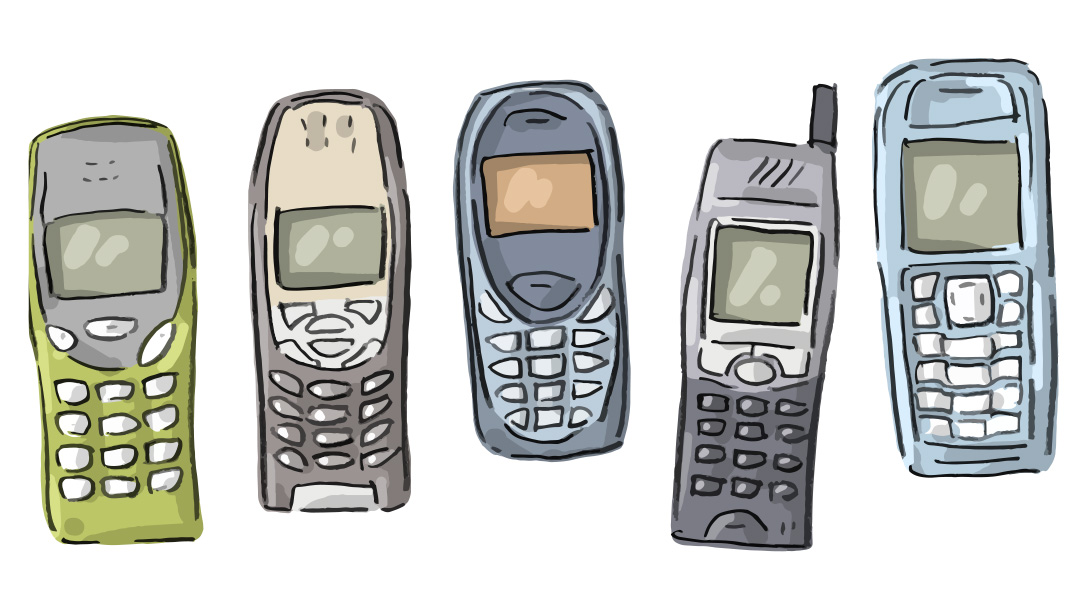Beneath It All
| April 5, 2022Making Pesach for the first time is a rite of passage, I tell myself
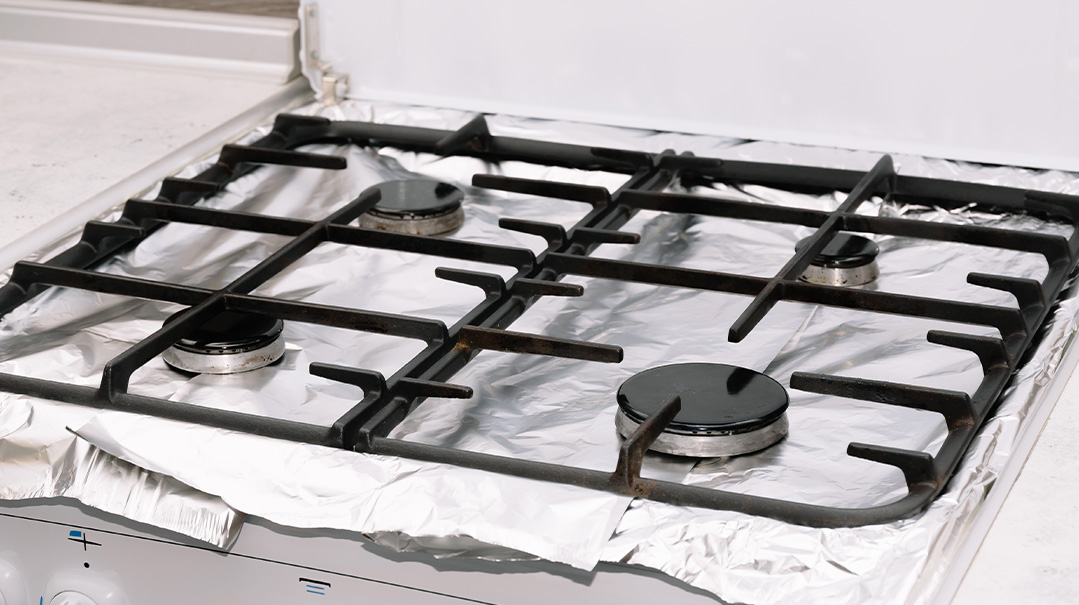
It’s time. I make my way to the wooden shelf that holds a glass tray cluttered with abandoned matches. As I climb onto the stepstool, my eyes align with the candlesticks. Their silver sparkles in the soft glow of the room.
A few weeks ago, we made the decision to stay in Eretz Yisrael for Pesach — for the first time. Making Pesach is a rite of passage, I told myself. Like the first time you touch a raw chicken with your bare hands, or clean a toilet, or scrape a cholent pot clean. It’s another notch in your balabusta belt. And now my husband and I were reaching this milestone in the short history of our married life.
Okay, actually, it wasn’t all that glamorous. We were kind of forced to do things on our own, when our plans to fly to America were deemed impractical. Our newborn was four months old and still colicky, and we couldn’t fathom a 12-hour plane ride with a screaming child who refused to nurse in public. So the decision was essentially made for us, and we began the arrangements for our very first homemade Pesach.
First there were the lists of what to buy, from pots and pans to ketchup and mustard (oh wait, that’s kitniyos), from matzos and maror to baby powder and broomsticks. Lists of tips — where to shop, how to clean the toughest areas, what to feed your family the week before.
The calendar was marked off with big red words blocking the dates: dining room, bedrooms, bathroom (was there really chometz in the bathroom?), and then the finale: the kitchen.
The only kitchen I’d ever kashered was my mother’s, and that meant emptying and scrubbing our ancient walk-in pantry (which we sold anyway), covering the counters with white slabs of Formica made to fit, and watching our cleaning lady Elizabeth work her magic of wrapping the stove tops with silver foil while John the handyman blowtorched the oven.
I didn’t suffer traumatic memories of an angry mother who thought dirt was chometz or made us eat rice cakes for a month. In fact, I don’t remember Pesach cleaning being such a burden at all.
Which is probably why I wasn’t so scared of cleaning my own kitchen.
And why it ended up being so hard.
My Israeli kitchen was a bit different from my childhood American counterpart and so were the cleaning methods. In Israel, they used foil — a lot of it. But not the friendly kind that comes in foot-wide rolls. This mutant form of aluminum foil was known for edges that were sharper than my Victorinox knives. Make sure to have sterile gauze and medical tape on hand.
Israeli stores don’t offer a large variety of cleaning agents. There’s bleach, which does everything but is toxic, and blue spritz (read: Windex), which is nontoxic but does nothing.
In Israel, the people who you can hire to help clean your house come in the form of yeshivah bochurim looking to make an extra buck and who wouldn’t know a toothpick from a sponja stick if it hit them on the head. No Johns or Elizabeths.
The physical labor involved in this venture was beyond comprehension (especially since most work was done one-handed, while the other arm cradled the crying baby), schlepping groceries, reaching distant shelves, scrubbing away years’ worth of schnitzel and latke remnants. No wonder we have Pesach once a year — every house deserves this kind of annual treatment.
And all the while, as we toiled, I could hear something reminiscent of a childhood song about “hammers every day and every night” in the background, and I couldn’t help but feel a twinge of discomfort. A question nagged me: What does all this have to do with Pesach? I’m not gonna lie — I was proud of my pristine kitchen. It felt perfect… but not pious.
It wasn’t only harder than my memory could recall; it was more intense, more demanding, more exacting. The local rav was giving a series of halachah classes on cleaning for Pesach. Having been the halachah guru of my seminary year, how could I pass up an opportunity to learn a whole new set of laws?
I was blown right out of the sponja water. I always thought people who didn’t eat something that fell on the floor (on Pesach) were extremists. And I had never heard of the supposedly well-known custom that you don’t bring seforim to the table. I was raised in a frum home — where was all of this written? Then there was something about eggs… No matter, I embraced it all with a smile and a commitment to do it right.
I also learned that my husband was much more makpid on the chometz search. No 20 minutes with a feather and candle would do it. We spent hours going through every nook and cranny… that I’d already cleaned.
Somehow we made it through those two weeks from Rosh Chodesh until Erev Yom Tov. We were now standing at the apex with a mountain of crumbs and grease and grime way behind us, with the holiday about to begin.
We’d brought in Shabbos and Yom Tov hundreds of times before, yet this lighting felt different.
Mah Nishtanah? I lit Pesach candles for years already — but in my mother’s home, my sister’s home. This time, my husband and I were lighting in our home, the one we scoured with our latex glove-covered hands. We were finally doing it, building a place we could call our own. And it was clean.
Not that kind of clean you get from doing your dishes. Not even the one from a car wash. No, this was like when you go to the dentist, and they complain that you don’t floss enough, and then they go in with the big guns. You come out feeling different. Because there was something there you didn’t even know was hidden, covered by layers of dirt.
And now, now it revealed its brilliance.
(Originally featured in Family First, Issue 788)
Oops! We could not locate your form.
